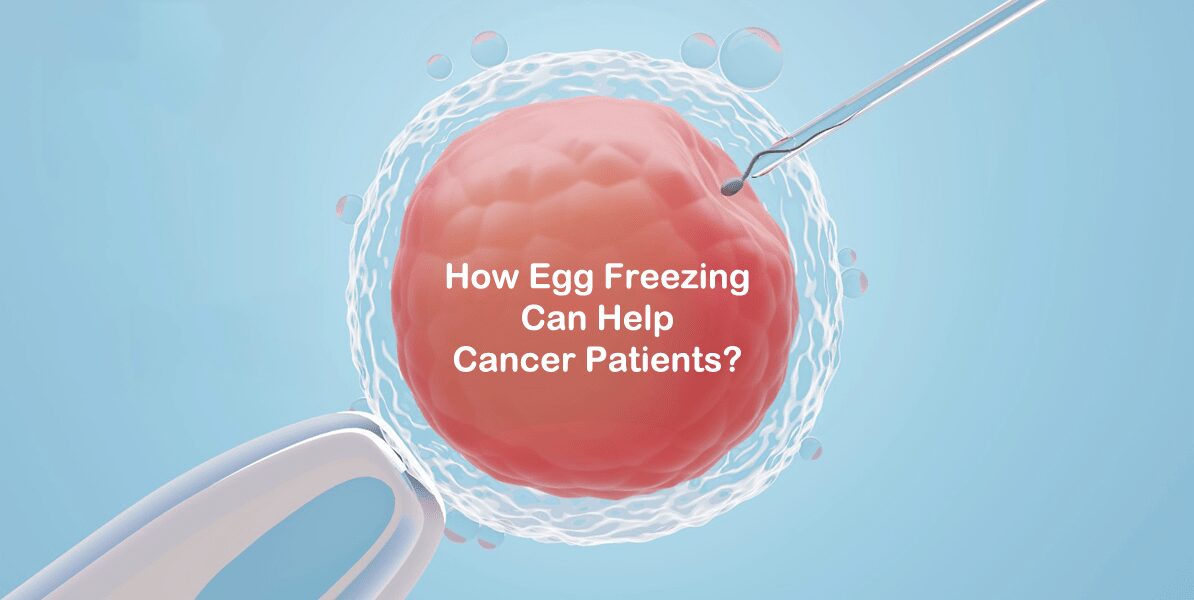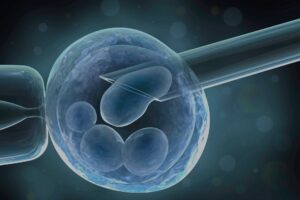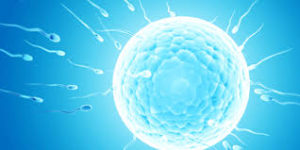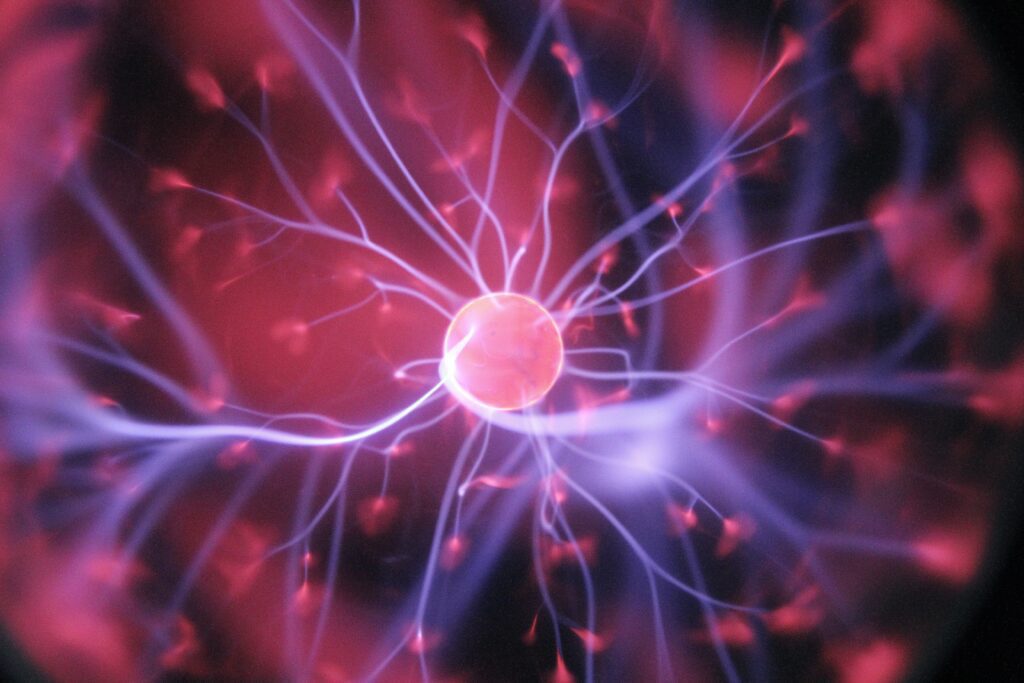What is Better – Fresh Eggs or Frozen Eggs? A Comprehensive Guide for Intended Parents


In vitro, fertilization is a process of fertilization where an egg is combined with sperm in vitro. The process involves monitoring and stimulating a female’s ovulatory process, removing an ovum or ova from their ovaries, and letting sperm fertilize them in a culture medium in a laboratory.
When embarking on a surrogacy or IVF journey, one of the key decisions intended parents must make is whether to use fresh eggs or frozen eggs for the fertilization process. Both options have their unique advantages, and choosing the right one depends on a variety of factors, including medical, financial, and logistical considerations.
This guide will explore the key differences between fresh and frozen eggs, weigh their pros and cons, and help you make an informed decision for your fertility journey.
Get in touch for FREE SURROGACY CONSULTING:
Mobile: +91-8800481100 ( WhatsApp, Line, Viber)
Email: neelam@ivfconceptions.com


Fresh Eggs vs. Frozen Eggs: Understanding the Basics
Before delving into the specifics, it’s important to understand the fundamental differences between fresh and frozen eggs in assisted reproduction:
- Fresh Eggs: These are retrieved directly from the donor and used immediately for fertilization. The IVF cycle for the donor and the intended mother or surrogate is synchronized to ensure the eggs can be fertilized as soon as they are retrieved.
- Frozen Eggs: These are retrieved from the donor, cryopreserved (frozen), and stored for future use. When the intended parents are ready to proceed with IVF, the eggs are thawed and fertilized.
Pros and Cons of Fresh Eggs
Pros of Fresh Eggs
- Higher Success Rates: Fresh eggs typically have slightly higher fertilization and pregnancy success rates compared to frozen eggs. This is because they are used immediately after retrieval, ensuring their optimal quality.
- More Eggs Available: In a fresh egg cycle, all the eggs retrieved are available for immediate use. Intended parents might have a larger pool of viable eggs to work with.
- No Freezing Process: Since the eggs are used right away, they avoid the risks associated with freezing and thawing, which can sometimes impact egg quality (although this risk is minimal with advanced freezing techniques).
Cons of Fresh Eggs
- Timing Challenges: A fresh egg cycle requires the synchronization of the donor’s egg retrieval and the intended mother’s or surrogate’s cycle. This can lead to scheduling challenges and delays if cycles do not align perfectly.
- Costlier and Lengthier Process: Fresh egg cycles can be more expensive due to the need for strict cycle synchronization, and the process takes longer since the donor must undergo stimulation, monitoring, and egg retrieval before fertilization can occur.
- Risk of Cancellations: If the donor’s cycle doesn’t go as planned or if insufficient eggs are retrieved, the entire cycle might need to be canceled, leading to lost time and additional expenses.

 Pros and Cons of Frozen Eggs
Pros and Cons of Frozen Eggs
Pros of Frozen Eggs
- Convenience and Flexibility: With frozen eggs, there is no need to synchronize the cycles of the donor and the intended mother or surrogate. The eggs can be thawed and fertilized at any time, allowing for more flexibility in scheduling.
- Faster Process: Since the eggs are already retrieved and frozen, there is no waiting period for the donor to undergo ovarian stimulation and egg retrieval. This can speed up the IVF process significantly.
- Lower Costs: Frozen egg cycles tend to be more affordable than fresh cycles because they eliminate the need for donor monitoring and synchronization, which can add extra costs.
- Consistency: The growing popularity of egg banks ensures a consistent supply of frozen eggs, allowing intended parents to choose from a variety of donor profiles without the unpredictability of a fresh cycle.
Cons of Frozen Eggs
- Slightly Lower Success Rates: While frozen eggs have improved significantly in quality thanks to vitrification (a rapid-freezing process that preserves eggs effectively), they still tend to have marginally lower success rates compared to fresh eggs. Some eggs may not survive the thawing process.
- Fewer Eggs: Many egg banks offer frozen eggs in smaller batches (typically around 6-8 eggs). This means intended parents may have fewer eggs available for fertilization compared to a fresh cycle.
- Freezing Risks: Although rare, there is still a small risk that some eggs might not survive the freezing and thawing process, reducing the number of viable eggs for fertilization.
Success Rates: Fresh vs. Frozen Eggs
Success rates are a significant factor when deciding between fresh and frozen eggs. According to recent studies, the difference in success rates between fresh and frozen eggs is becoming narrower, thanks to advancements in freezing technology.
- Fresh Eggs: Historically, fresh eggs had a slight advantage in terms of fertilization, implantation, and live birth rates. Studies have shown success rates with fresh eggs are approximately 50%–60% per cycle.
- Frozen Eggs: With the advent of vitrification, frozen eggs now boast competitive success rates. Data suggests that frozen eggs have success rates ranging from 40%–55% per cycle, depending on various factors, including the quality of the eggs and the age of the donor.


Key Factors to Consider
When deciding between fresh and frozen eggs, intended parents should consider the following factors:
- Timing and Flexibility:
- If you need to move quickly or have limited flexibility with timing, frozen eggs may be the better option. Fresh egg cycles require precise timing and cycle synchronization, which can be challenging if scheduling conflicts arise.
- Cost:
-
- Frozen eggs typically cost less due to the simplified process. If budget constraints are a concern, frozen eggs may be the more economical choice. However, you should factor in potential additional costs if more eggs are needed.
- Success Rates:
-
- Although fresh eggs still hold a slight edge in success rates, the gap is closing rapidly. If every percentage point matters in your decision, fresh eggs may still be the best choice. However, frozen eggs now offer near-equal success rates for many intended parents.
- Donor Availability:
-
- Donors in fresh egg cycles may not always be available on short notice. If you have a specific donor in mind and timing is an issue, frozen eggs from egg banks provide more flexibility.
- Medical History and Genetics:
- Some intended parents may prioritize a donor with a specific genetic profile or medical history. In a fresh egg cycle, intended parents typically get access to all the eggs retrieved, while frozen egg batches come in limited quantities, which may restrict the number of embryos created.
- Personal preference:
Some people may prefer to use fresh eggs because they are harvested and used within a few hours, while others may prefer the convenience and flexibility of using frozen eggs that can be stored for an extended period.
Fresh vs. Frozen Eggs: A Comparison Table
|
Criteria |
Fresh Eggs |
Frozen Eggs |
|
Success Rates |
Slightly higher (50%–60% per cycle) |
Slightly lower (40%–55% per cycle) |
|
Cost |
Higher due to synchronization and monitoring costs |
Lower overall costs |
|
Timing |
Requires precise synchronization |
More flexible, no need for cycle synchronization |
|
Availability |
Dependent on donor’s schedule |
Readily available from egg banks |
|
Number of Eggs |
Full retrieval batch available |
Typically sold in smaller batches (6-8 eggs) |
|
Process Time |
Longer due to donor stimulation and retrieval |
Shorter since eggs are already retrieved and frozen |
Fresh Eggs or Frozen Eggs: Which is Right for You?
Choosing between fresh and frozen eggs is a deeply personal decision that depends on your unique circumstances. Both options offer distinct advantages and challenges, and the right choice will vary depending on your priorities.
- Fresh Eggs may be the best option if success rates are your top priority and you’re willing to accommodate the logistical complexities of synchronization.
- Frozen Eggs may be ideal for those seeking flexibility, faster timelines, and lower costs, with the understanding that success rates are now nearly on par with fresh eggs.
Why do some parents use frozen eggs more than fresh egg pick-up?
Although the practice of using fresh eggs is much more common as compared to the frozen sperm used for IVF. Still, some intended parents opt for frozen eggs due to various reasons.
There are several reasons why some parents may choose to use frozen eggs rather than fresh eggs for in vitro fertilization (IVF):
#1. Timing:
Fresh eggs must be used within a few hours of being retrieved, while frozen eggs can be stored for an extended period of time. In some cases, when a lady has fewer eggs, she might prefer to do multiple egg picks up and freeze the eggs rather than opting for straightaway fertilization.
#2. Cost:
The cost of an IVF cycle using frozen eggs may be lower than the cost of an IVF cycle using fresh eggs, as it may be possible to use fewer eggs when using frozen eggs.
#3. Egg freezing or preservation of fertility:
Many women who are busy professionals or do not wish to start their families due to personal reasons have the option of freezing eggs for future use. It is a good option for ladies who have not yet found the ideal partner.
It is a good option if some lady undergoes medical treatments that affect their fertility or egg reservoirs. In the case of cancer treatment therapies like chemotherapy, the women are advised to freeze their eggs so that they can have babies later on.
#4. Personal preference:
Some people may prefer to use frozen eggs because they can be stored for an extended period of time, while others may prefer the convenience and flexibility of using fresh eggs that are harvested and used within a few hours.
Read more:
What do you need to know about egg freezing?
How does AMH affect your fertility?

 Why it is good to use fresh eggs?
Why it is good to use fresh eggs?
Most fertility treatments are done with the fresh cycle of egg donors. Even in the case when the donor is traveling from another country, she undergoes the stimulation in her home country, but for fresh egg pick up goes to the IVF clinic. Most IVF clinics use fresh eggs if given the chance and if it is feasible. Some fertility doctor prefers to use fresh eggs IVF cycle as they see a better success rate with it. If egg freezing techniques are not well advanced, fresh eggs IVF cycle can give better results.
There are several reasons why some people may prefer to use fresh eggs for in vitro fertilization (IVF):
#1. Personal preference: Some people may prefer to use fresh eggs because they are harvested and used within a few hours, while others may prefer the convenience and flexibility of using frozen eggs that can be stored for an extended period of time.
#2. Success rates: The success rates for IVF using fresh eggs and frozen eggs are similar. According to the Society for Assisted Reproductive Technology (SART), the success rates for IVF using fresh eggs and frozen eggs are both around 50%. Many fertility clinics prefer to use fresh IVF due to better fertilization and so having a greater number of embryos to transfer.
#3. Cost:
The cost of an IVF cycle using fresh eggs may seem to be higher. But looking at the rate of fertilization and the number of embryos available, it is a better option. In the case of fresh egg pickup, all eggs are given to the intended parents and they might like to have as many embryos as possible.
This means they will have more attempts at embryo transfer. It is good to have embryos frozen, in case, IP wishes to have siblings later on. Frozen donor egg costs seem to be lower than fresh eggs if success is achieved sooner.
With frozen eggs, you buy a certain number of eggs at a certain cost, but you might need more eggs than expected. So, the initial low cost may not remain the same.
To conclude, both fresh eggs and frozen eggs can be used successfully in Assisted Reproductive Technique (ART). What you will choose depends on the individual circumstances of the intended parents. Furthermore, it is good to discuss your options with your fertility specialist to determine the best course of action for you as per your specific case.
If you’d like to learn more about IVF, Egg Donation, or surrogacy services globally, check out the rest of our website at IVF Conceptions. We offer legally secure and affordable surrogacy consulting services for FREE.
Get in touch for FREE SURROGACY CONSULTING:
Mobile: +91-8800481100 ( WhatsApp, Line, Viber)
Email: neelam@ivfconceptions.com


FAQs About Fresh vs. Frozen Eggs
1. Are frozen eggs as effective as fresh eggs for IVF?
Yes, with advances in freezing techniques like vitrification, frozen eggs now offer success rates nearly as high as fresh eggs.
2. Which is more cost-effective—fresh or frozen eggs?
Frozen eggs are generally more cost-effective because they don’t require synchronization of cycles or as many medical procedures. However, if multiple frozen egg cycles are needed, costs can add up.
3. Is there a difference in the number of eggs available between fresh and frozen cycles?
Yes. In fresh cycles, all the eggs retrieved from the donor are available. In frozen cycles, eggs are typically sold in smaller batches.
4. Do frozen eggs have a lower chance of survival after thawing?
With modern vitrification techniques, the survival rate of thawed eggs is quite high, but a small percentage may not survive the process.
5. How long can frozen eggs be stored?
Frozen eggs can be stored for many years without a significant decline in quality. Many egg banks offer long-term storage solutions for intended parents.


